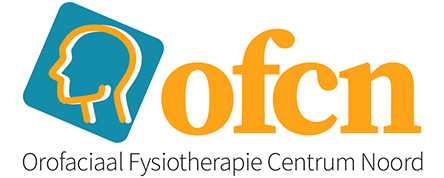Tinnitus
(ear ringing)
There are many different causes for tinnitus, the most common one is the malfunction cilia in the ears. The cilia ensure that sound waves will be transmitted from the ear to the brain and eventually heard by us as sound. When people lose their hearing, cilia lie flat and can no longer transmit signals to the brain. At that point, the brain lacks information and fill in the gaps itself with sounds who aren’t there.
Another cause of tinnitus is called somatosensory tinnitus. In almost 25% of the cases, this is the type of tinnitus people suffer from. This variation of tinnitus arises from the body (somatic) and from the sensory nerves. If the brain perceives, incorrectly, the stimuli from the sensory nerves, somatosensory tinnitus can occur. This form of tinnitus is related to the muscles above the second cervical vertebra. As an orofacial physiotherapist, we are very well versed in somatosensory tinnitus and can therefore provide insight and relief in this type of tinnitus. Stress and tension often have a lot of influence on any form of tinnitus, the brain is very sensitive to stress and tension. When there is a lot of muscle tension or stress in general, other substances become active in the body, that makes that brain processes are going a bit different than normal. This is why tinnitus can vary in presence during a day or period.
What can you expect?
During our intake we do an extensive interview so we get an overview of all the possible causes of the complaints. After this we will do an physical examination. In this examination we can see how the neck and jaw move and which muscles or other factors influence the complaints. From here we will do a treatment propose. For the treatment you can think of advice about posture or certain (unconsciously) present behaviours. Exercises and techniques to relax or strengthen the muscles and to optimize the movement of the neck or jaw.




